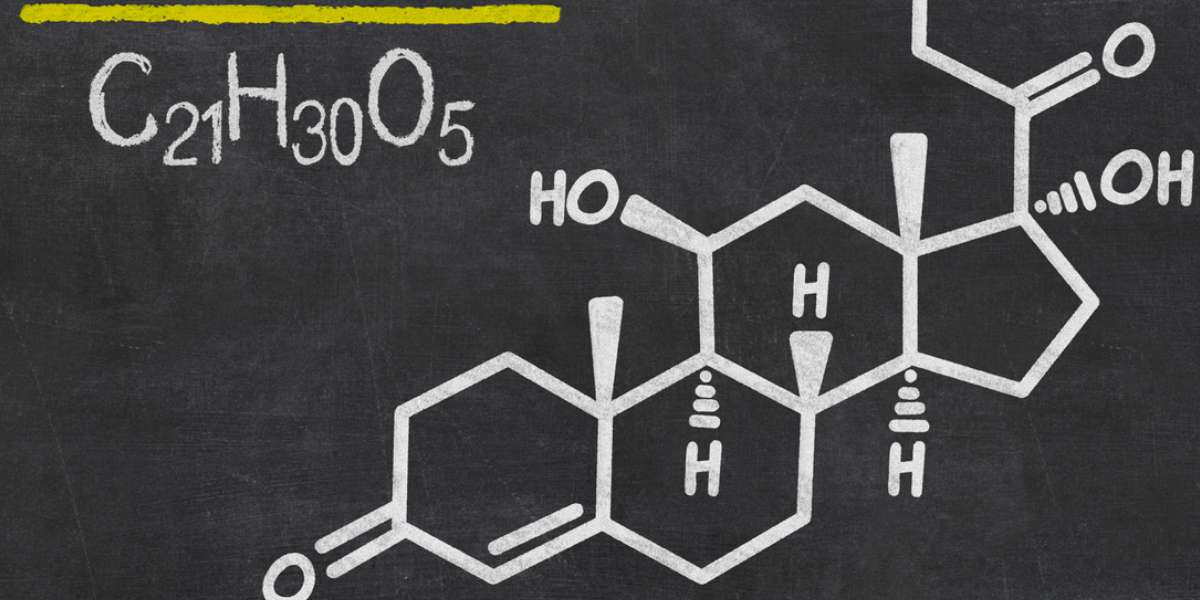Men who are receiving therapy for an addiction are more likely to complete a residential treatment programme if they have lower initial cortisol levels, research has identified.
Academics from the Marshall University Joan C. Edwards School of Medicine analysed the salivary cortisol of a group of men on a residential drug and alcohol recovery programme to assess whether it influenced how long they stayed to receive treatment.
- Woman addicted to Coca-Cola goes low carb and comes off type 2 diabetes medication
- Food addiction under the spotlight in latest research debate
Cortisol affects several aspects of the human body and mainly regulates its response to stress, the study has reported.
The scientists discovered that the men who stayed on the programme for less than three months had higher initial cortisol levels compared to those who stayed for longer.
Other factors that influenced how long the participants remained enrolled on the programme included relationship status and whether or not they were exposed to adverse childhood experiences.
Chief author Dr Todd H. Davies said: “Our hope is that these findings will lead to cortisol as a biomarker that can help clinicians determine which individuals might need a more intensive therapeutic approach.”
The study has been published in the scientific journal Alcoholism: Clinical and Experimental Research.





